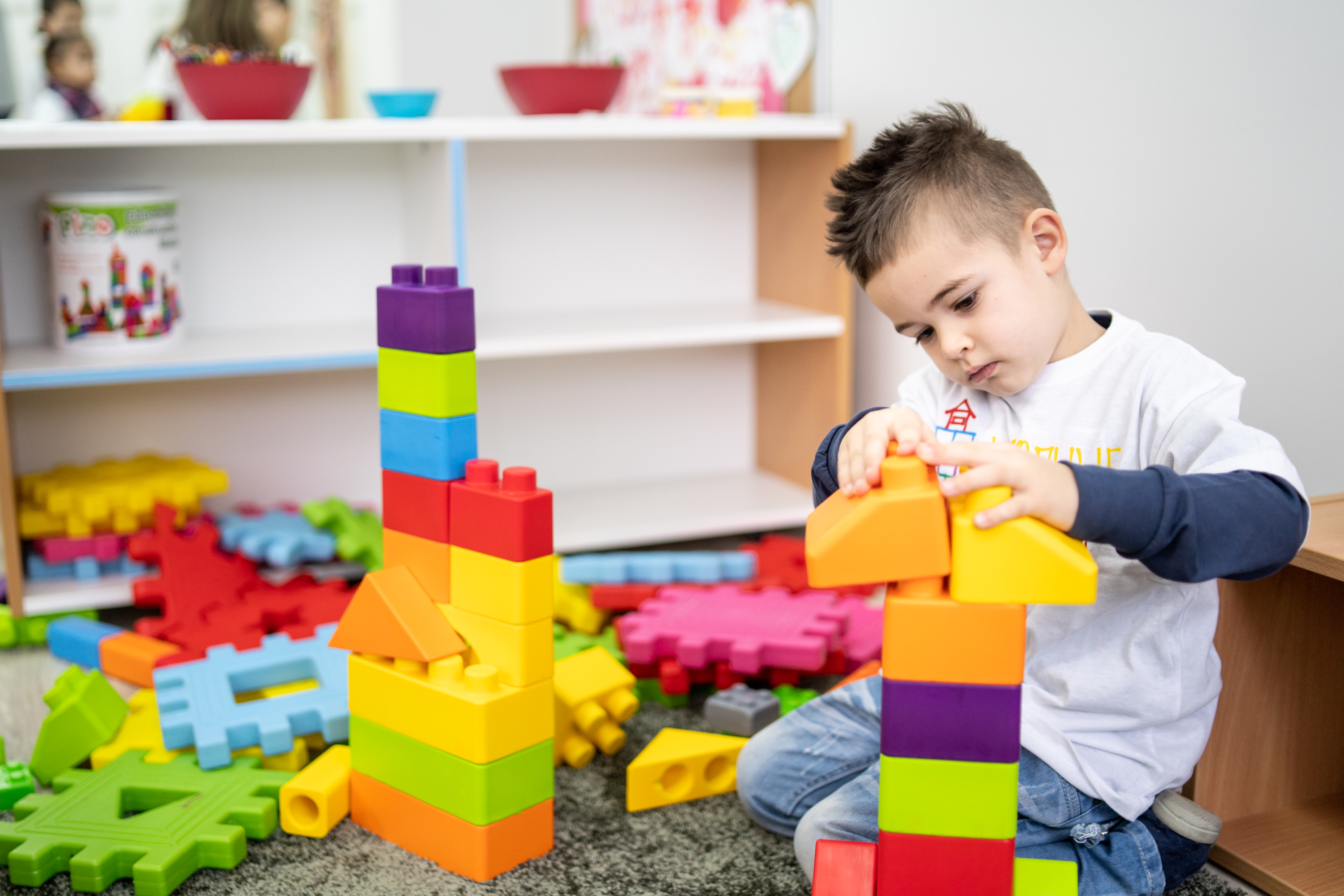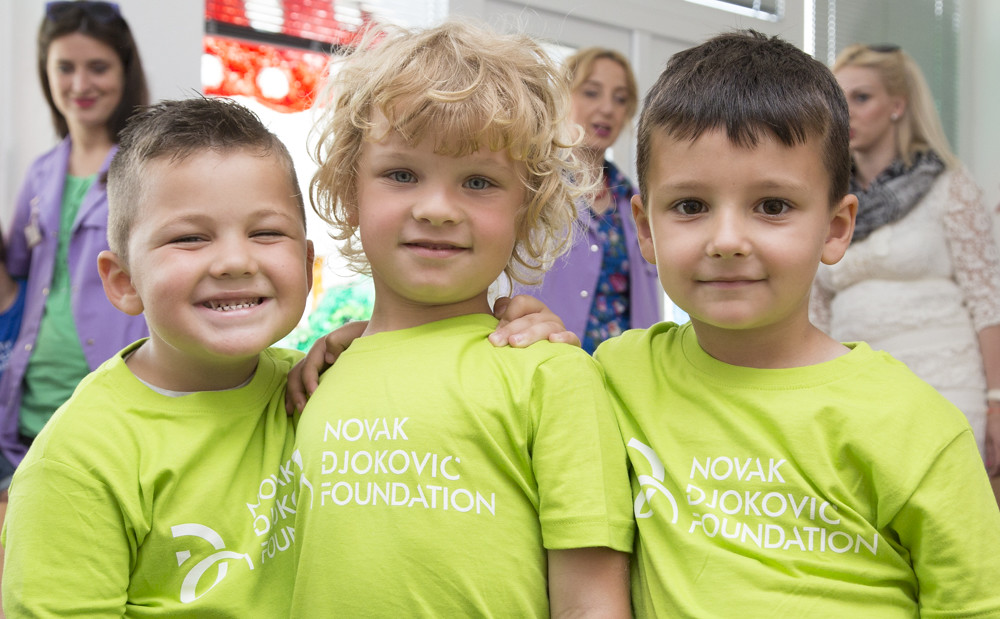Investments in Early Childhood Education (ECE) are not even close to those in the infrastructure, military, industry, etc. despite the growing evidence that investment into ECE is not only our moral and ethical obligation, but it is also economically sound. The importance of the early years in children’s life has been proven over and over and research shows that preschool is more important than primary school and has higher economic returns, yet ECE it is not as valued as the primary school and so much stays unregulated and unsupported in a majority of countries.
All the way from 1960 when the first ECE studies have been conducted to the more recent ones, numerous analysis and reports (including UNICEF, World Bank, Obama’s expert team and G20 initiative from 2018) are all telling us the same:
“Quality early education benefits children of all social and economic groups. There are both short- and long-term economic benefits to taxpayers and the community if early education that meets high standards is available to all children, starting with those who are most disadvantaged. Indeed, universally available quality early education would benefit everyone and be the most cost-effective economic investment.”
Every dollar invested in high-quality ECE returns 3 to 4 times the amount invested, in some cases even more.
Children who attend preschool tend to gain a higher level of education, get better jobs, have saving accounts, have fewer problems with crime, and enjoy better health (direct connection between ECE and depression, for example, has been established). All of this saves taxpayers money in the long run.
Preschools, kindergartens and daycare centers all hire people, pay salaries, buy materials, use other services, etc. also adding to the country’s budget. Moreover, when children are cared for, parents can devote more time and effort to their work and contribute to their country’s economy.
In Serbia, only every other child has access to quality early childhood education. We want to change that, but we need your help. Join us on Giving Tuesday, December 1st, on our social media profiles to find out how!

It is also up to every individual to raise awareness about the importance of investment in early childhood education and help contribute in any way possible.
Investment in early childhood education makes a better society.
Since a majority of the child care falls on mothers, when their children are in preschool or kindergarten, they become free to find employment and can work on their careers beside taking care of their children. Although it is not enough, this is at least one step towards more gender equality in the world.
The disadvantaged children have enormous benefit from high-quality early education. Being better ready for primary school, they don’t fall back as it usually happens and they are more likely to complete education and find good jobs. As they become more successful they contribute to alleviating poverty by helping their families.
Numerous cognitive and non-cognitive benefits.
Development and research in neuroscience demonstrate the importance of brain development in the early years and its importance for future learning. Children who have enough stimulation and opportunities for learning, along with safety and sufficient nutrition, have much better academic results and better cognitive skills.
Early age is the time for planting all kind of cognitive and non-cognitive seeds which fully develop later: concentration, teamwork, conflict resolution, creativity, problem-solving, critical thinking, emotional and social skills. Only high-quality early education can provide an environment where these can be taught in an intentional and systematic way.
All of these soft skills do not only matter in school later but also in the workplace and in the community, thus contributing to both better and wealthier societies.

Children who attend preschool tend to gain a higher level of education, get better jobs, have saving accounts, have fewer problems with crime, and enjoy better health.
Investment in early childhood education is motivated by many moral and ethical reasons.
It goes without saying that caring for our children is the most basic human instinct and a natural social obligation and it is the biggest driver of our progress and evolution. However, simple care for children’s physical well-being isn’t enough. Among other things, we need to care for their emotional and cognitive needs.
It is paramount that we apply what we have learned from neuroscience and psychology, as well as economy, and make significant changes in early childhood education. The changes have to come from governments, policymakers and they need to adhere to high quality as a crucial guideline. However, it is also up to every individual to raise awareness about the importance of investment in early childhood education and help contribute in any way possible. Our children deserve it and our world deserves better children.
This year, we are inviting you, as part of our community, to share your generosity and help children in Serbia who need preschool education. Join us on December 1st to spread the love, hope and better opportunity to learn and grow.











